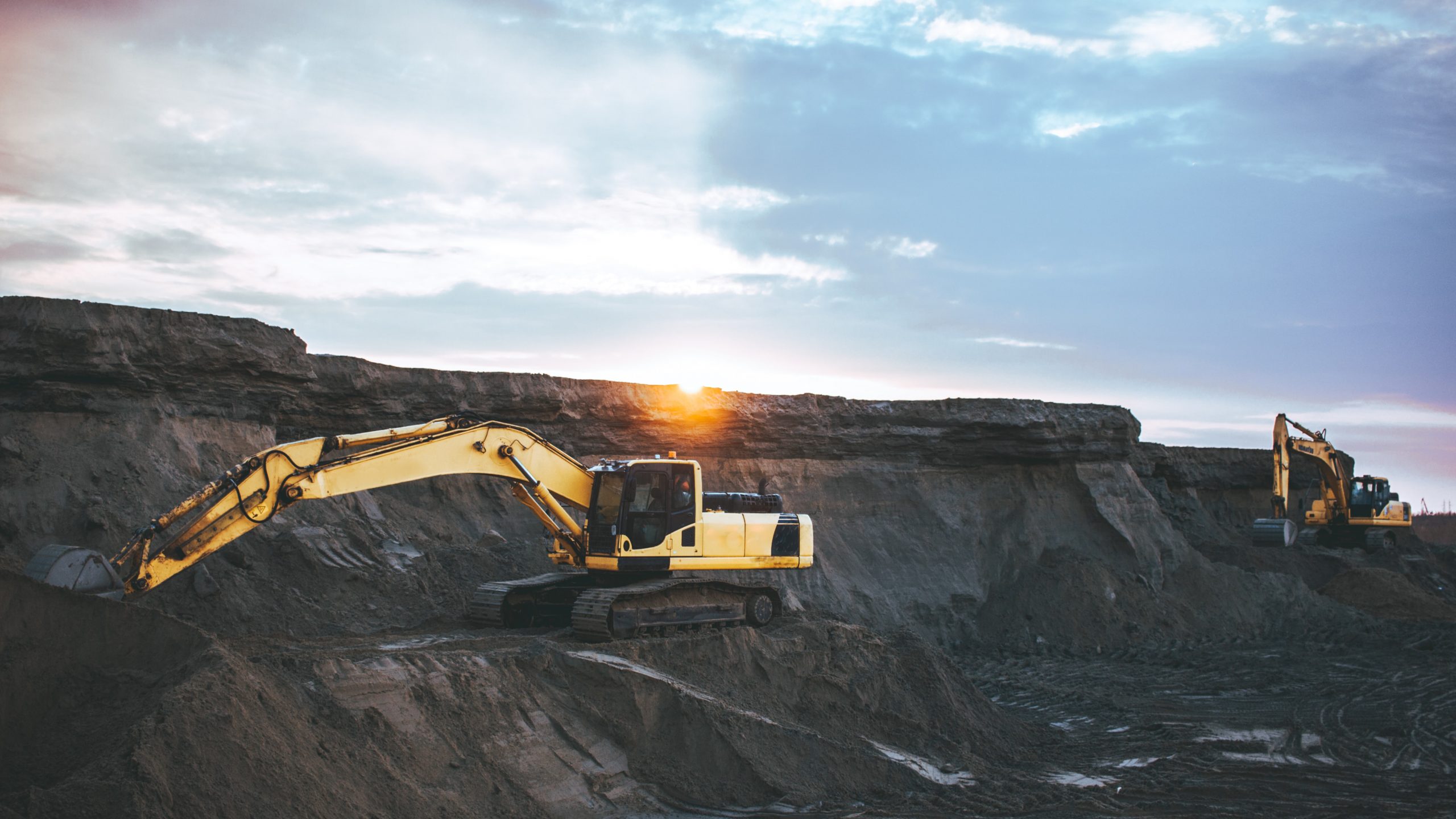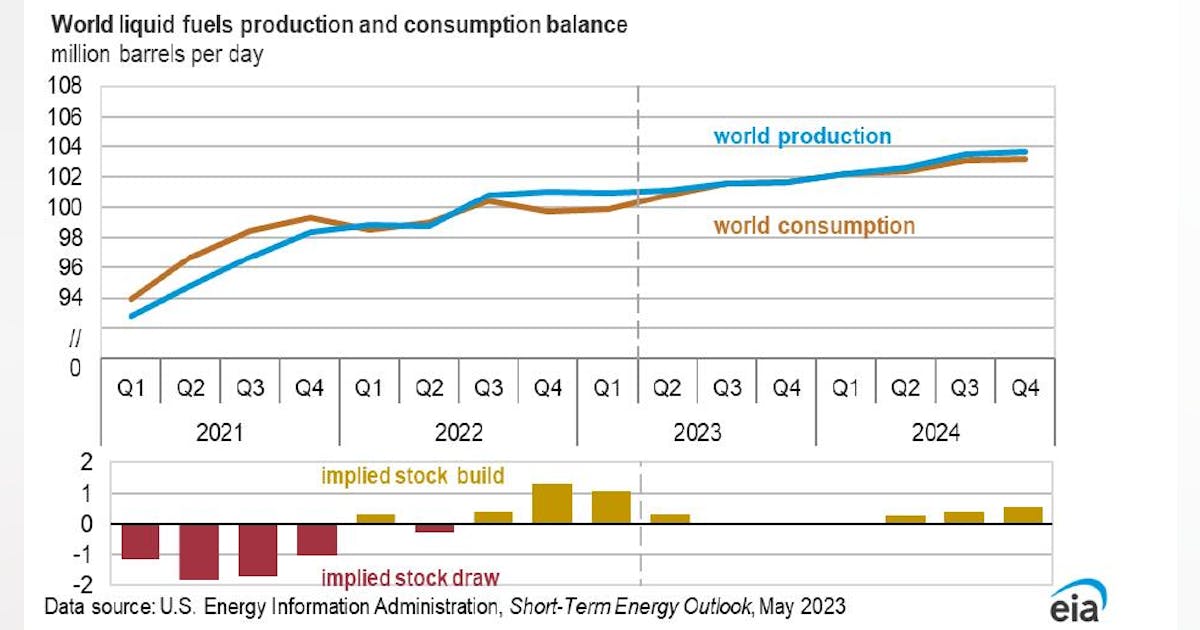The New Cold War's Frontline: The Race For Rare Earth Minerals

Table of Contents
The Strategic Importance of Rare Earth Minerals
Rare earth elements (REEs), a group of 17 chemically similar elements, are vital for numerous high-tech applications, making them essential for modern life and national security. Their unique magnetic, luminescent, and catalytic properties are irreplaceable in many instances.
Critical Components in Modern Technology
REEs are indispensable in a vast array of technologies:
- Electric Vehicles (EVs): Neodymium and dysprosium are crucial for the powerful magnets in EV motors. A shortage of these REEs would significantly hinder the global transition to electric transportation.
- Wind Turbines: Powerful neodymium magnets are essential for the efficient operation of wind turbines, vital components of renewable energy infrastructure. REE availability directly impacts renewable energy deployment.
- Smartphones: REEs are used in various components, including screens, vibration motors, and cameras. The ubiquitous nature of smartphones highlights the widespread use of these minerals.
- Military Hardware: REEs are critical for advanced military technologies, including guided missiles, radar systems, and night-vision equipment. Control of REE supply chains has significant implications for national defense.
- Medical Equipment: REEs are used in MRI machines and other medical imaging equipment. Their availability is essential for healthcare advancements.
REE shortages could significantly impact technological advancement, economic growth, and even national security. The irreplaceable nature of many of these elements in specific applications underscores their strategic importance.
Geopolitical Implications of REE Supply Chains
The concentration of REE mining and processing in a few countries, primarily China, creates significant geopolitical vulnerabilities. This dominance translates to considerable economic and political leverage.
- China's Dominant Market Share: China controls a vast majority of the global REE refining capacity, giving them significant influence over prices and availability.
- Potential for Supply Disruptions: China's control over the supply chain creates a risk of supply disruptions, potentially crippling industries reliant on these critical materials.
- Implications for National Security: Dependence on a single supplier for essential materials poses a serious national security risk for many countries.
- The Need for Diversification: Reducing reliance on a single source of REEs is a critical priority for many nations to mitigate geopolitical risk.
China's control of REE supplies offers significant potential for economic coercion and political leverage in international relations. Instances of this influence have already been observed in trade disputes and geopolitical maneuvering.
The Global Race for REE Dominance
The concentration of REE production and processing in China has spurred a global effort to diversify supply chains and reduce dependence.
China's Leading Role in REE Production
China's dominance in the REE market stems from decades of investment and technological advancement:
- Historical Investment in REE Infrastructure: China has invested heavily in the development of its REE mining and processing infrastructure.
- Advanced Processing Technologies: China possesses advanced technologies for separating and refining REEs, giving them a competitive edge.
- Impact on Global Prices: China's control over supply significantly impacts global REE prices, creating volatility and uncertainty.
However, China's REE mining practices have raised significant environmental and social concerns. These concerns are prompting a global re-evaluation of REE sourcing and production methods.
Efforts to Diversify REE Supply Chains
The United States and other nations are actively working to reduce their reliance on China for REEs:
- Investment in Domestic REE Mining: Several countries are investing in the exploration and development of their own REE resources.
- Exploration of Alternative Sources: Efforts are underway to identify and develop new REE sources globally.
- Development of Recycling Technologies: Recycling REEs from existing products is crucial for reducing dependence on primary mining.
- International Collaborations: International partnerships are being formed to share knowledge and resources in the REE sector.
These initiatives face significant challenges, including high extraction costs, environmental regulations, and the complexities of developing new supply chains. However, the strategic importance of REEs is driving significant investment and innovation.
The Environmental and Ethical Considerations of REE Mining
The extraction and processing of REEs are not without significant environmental and ethical concerns.
Environmental Impact of REE Extraction
REE mining and processing have considerable environmental consequences:
- Water Pollution: REE mining can contaminate water sources with heavy metals and radioactive materials.
- Air Pollution: The processing of REEs can release harmful air pollutants.
- Land Degradation: Mining activities can cause significant land degradation and habitat destruction.
- Habitat Destruction: Mining operations often disrupt and destroy sensitive ecosystems.
- Radioactive Waste: Some REE deposits contain radioactive materials, posing a risk of radioactive waste contamination.
Addressing these environmental impacts requires the adoption of sustainable mining practices and stricter environmental regulations.
Ethical Concerns in REE Supply Chains
Ethical issues are also prevalent in some REE supply chains:
- Child Labor: Reports of child labor have been documented in some REE mines.
- Unsafe Working Conditions: Workers in some REE mines face dangerous and unhealthy working conditions.
- Lack of Worker Protections: Workers often lack adequate safety protections and fair compensation.
- Environmental Justice: The environmental impacts of REE mining often disproportionately affect local communities.
Ethical sourcing and responsible mining practices are essential to ensure that the REE industry operates in a socially and environmentally responsible manner. Certifications and standards promoting ethical and sustainable practices are increasingly important.
Conclusion
The race for rare earth minerals is a defining feature of the new Cold War, with profound geopolitical, economic, and environmental implications. Securing a reliable and sustainable supply of these essential resources is critical for technological advancement and national security. Diversifying REE supply chains, promoting responsible mining practices, and investing in recycling technologies are vital steps in navigating this complex challenge. Understanding the intricacies of the rare earth mineral market is crucial for individuals, businesses, and governments alike. Stay informed about the ongoing race for rare earth minerals and its impact on the global landscape. The future of technology and global power dynamics hinges on the responsible and sustainable management of these critical resources.

Featured Posts
-
 Did Kevin Durant Just Confirm Dating Rumors With Angel Reese A Pregame Comment Analysis
May 17, 2025
Did Kevin Durant Just Confirm Dating Rumors With Angel Reese A Pregame Comment Analysis
May 17, 2025 -
 Affordable Alternatives High Quality Products At Low Costs
May 17, 2025
Affordable Alternatives High Quality Products At Low Costs
May 17, 2025 -
 May 16 Oil Market Report Prices Trends And Forecasts
May 17, 2025
May 16 Oil Market Report Prices Trends And Forecasts
May 17, 2025 -
 Affordable Finds That Actually Deliver
May 17, 2025
Affordable Finds That Actually Deliver
May 17, 2025 -
 Missed Call In Knicks Vs Pistons Game Officials Admission
May 17, 2025
Missed Call In Knicks Vs Pistons Game Officials Admission
May 17, 2025
Latest Posts
-
 Analysis Warner Bros Pictures Cinema Con 2025 Presentation
May 17, 2025
Analysis Warner Bros Pictures Cinema Con 2025 Presentation
May 17, 2025 -
 Tony Bennetts Career From Early Success To Lasting Fame
May 17, 2025
Tony Bennetts Career From Early Success To Lasting Fame
May 17, 2025 -
 Warner Bros Pictures 2025 Cinema Con Showcase Upcoming Films And Announcements
May 17, 2025
Warner Bros Pictures 2025 Cinema Con Showcase Upcoming Films And Announcements
May 17, 2025 -
 Understanding Tony Bennetts Musical Style And Influence
May 17, 2025
Understanding Tony Bennetts Musical Style And Influence
May 17, 2025 -
 Ralph Lauren Fall 2025 Riser What To Expect From The New Collection
May 17, 2025
Ralph Lauren Fall 2025 Riser What To Expect From The New Collection
May 17, 2025
